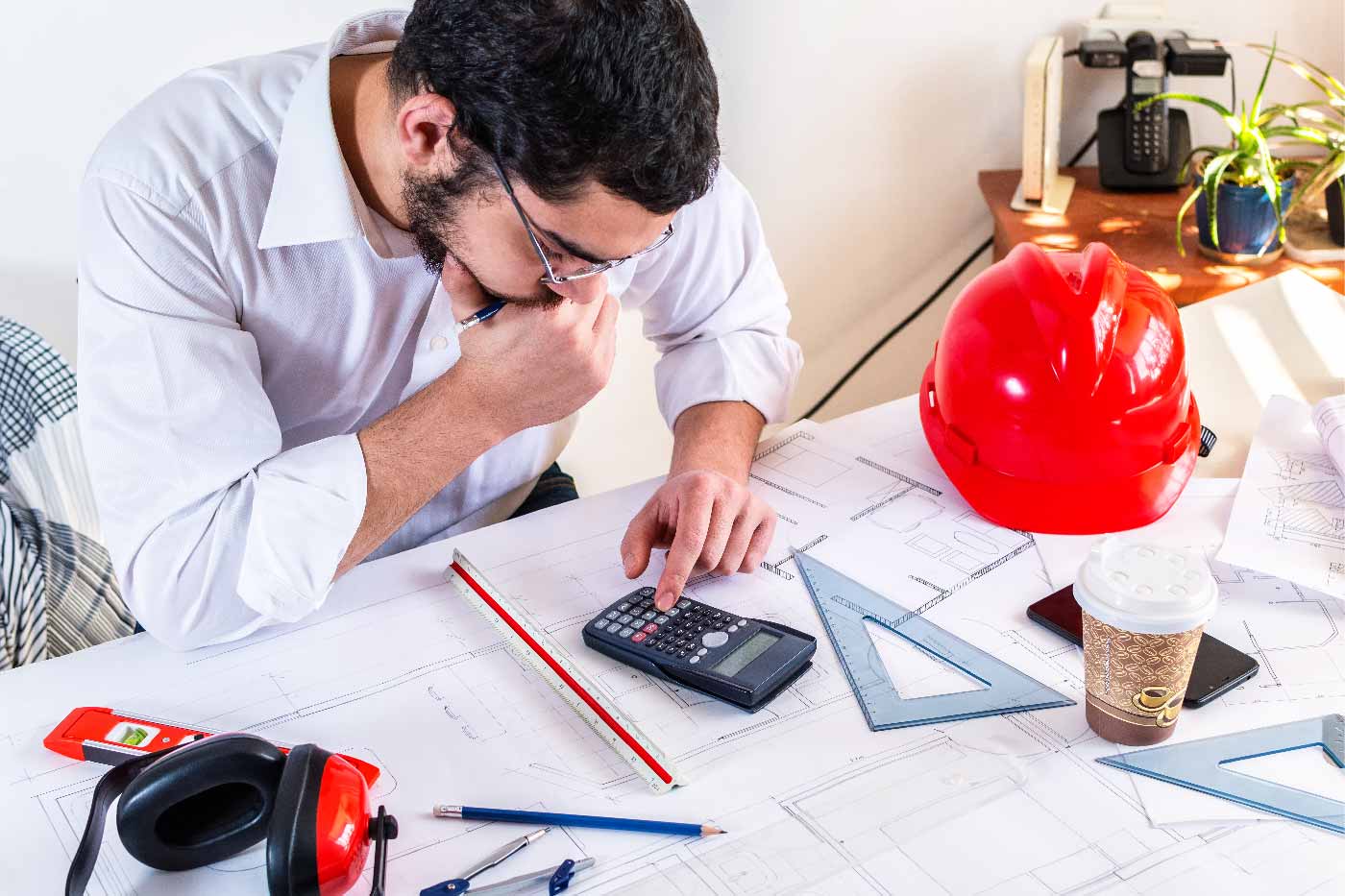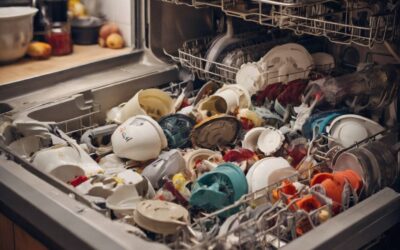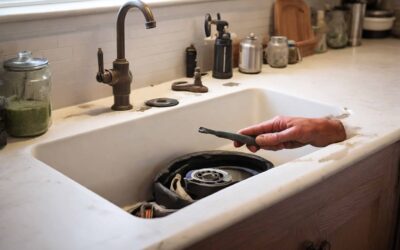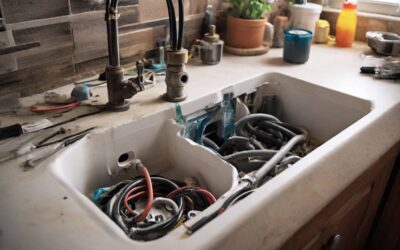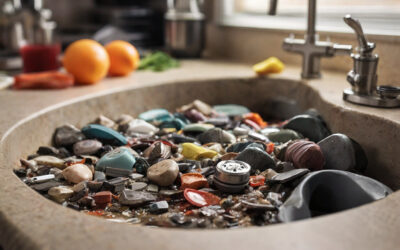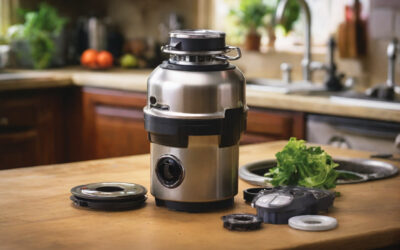Building a new construction project requires careful planning and budgeting. When it comes to plumbing, estimating costs is essential to ensure a smooth and efficient process. By accurately assessing the expenses, you can avoid financial burdens and keep the project within budget. Understanding How to Estimate Plumbing Cost for New Construction is necessary.
To estimate plumbing costs for new construction. Start from factors such as the size of the project, type of materials, and labor costs. By analyzing these key elements, you can accurately calculate the overall plumbing expenses.
We will explore the key factors involving plumbing costs for new construction. From the size of the project to the materials you are about to use. Understanding these aspects will help you determine the financial investment you require for your plumbing needs. By the end, you will acquire the knowledge to estimate plumbing costs accurately. Allowing you to plan and execute your new construction project with confidence.
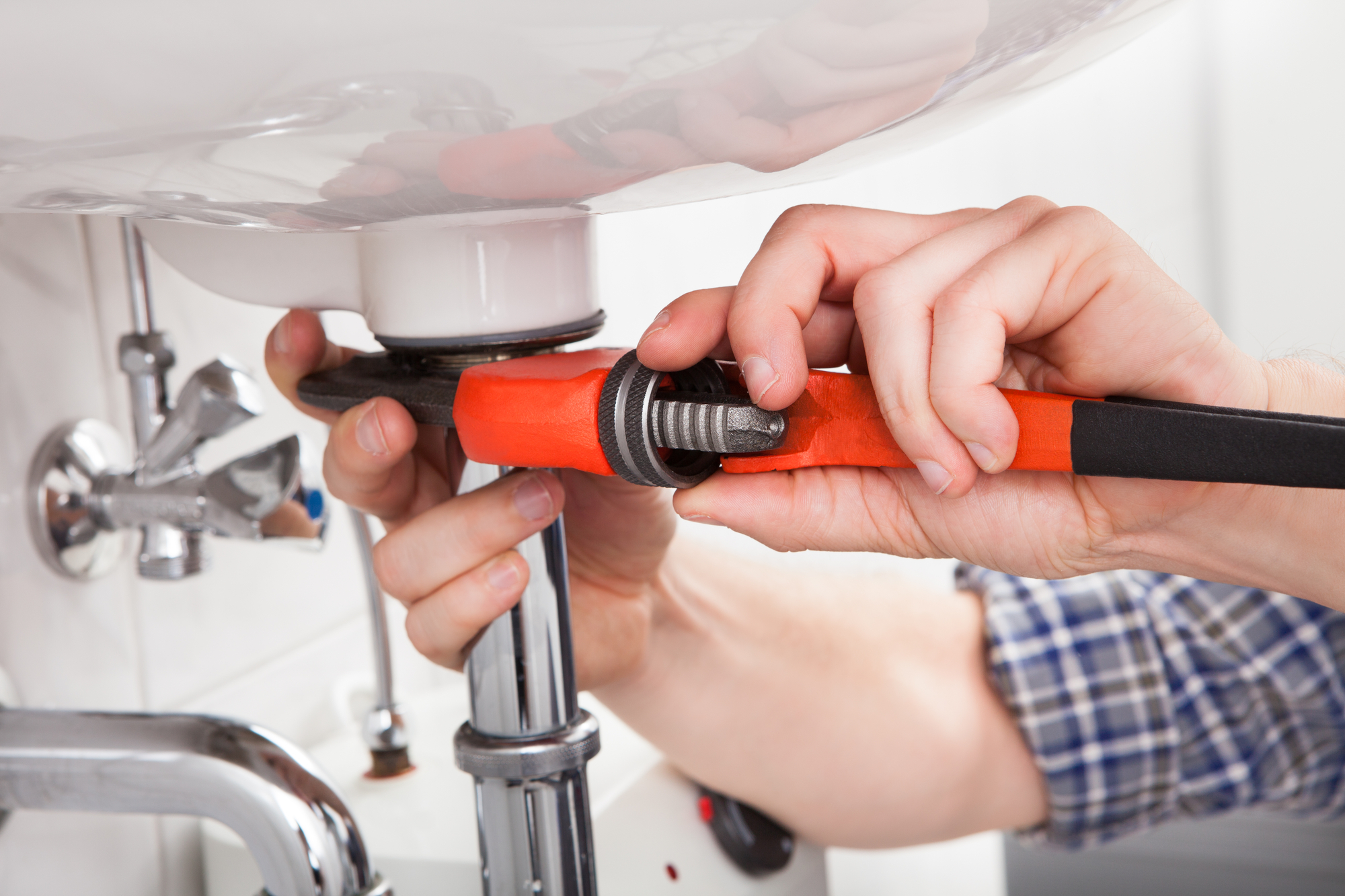
How To Estimate Plumbing Cost For New Construction
Estimating plumbing costs for new construction consider different factors. Things like building size, the number of fixtures you require, and the complexity of the plumbing system. Consulting with a professional plumber and getting multiple quotes can help ensure an accurate estimate.
How to Estimate Plumbing Cost for New Construction Estimating plumbing costs for new house construction can be a daunting task. However, understanding the primary costs involving your project helps in a more accurate estimate. In this article, we will discuss the key factors that contribute to plumbing costs for a new house. We will also provide you with valuable insights on how to estimate these costs effectively.
What Are The Primary Costs Of Plumbing For A New House?
When it comes to estimating plumbing costs for a new construction project. Several factors need further consideration. Here are the primary cost components:
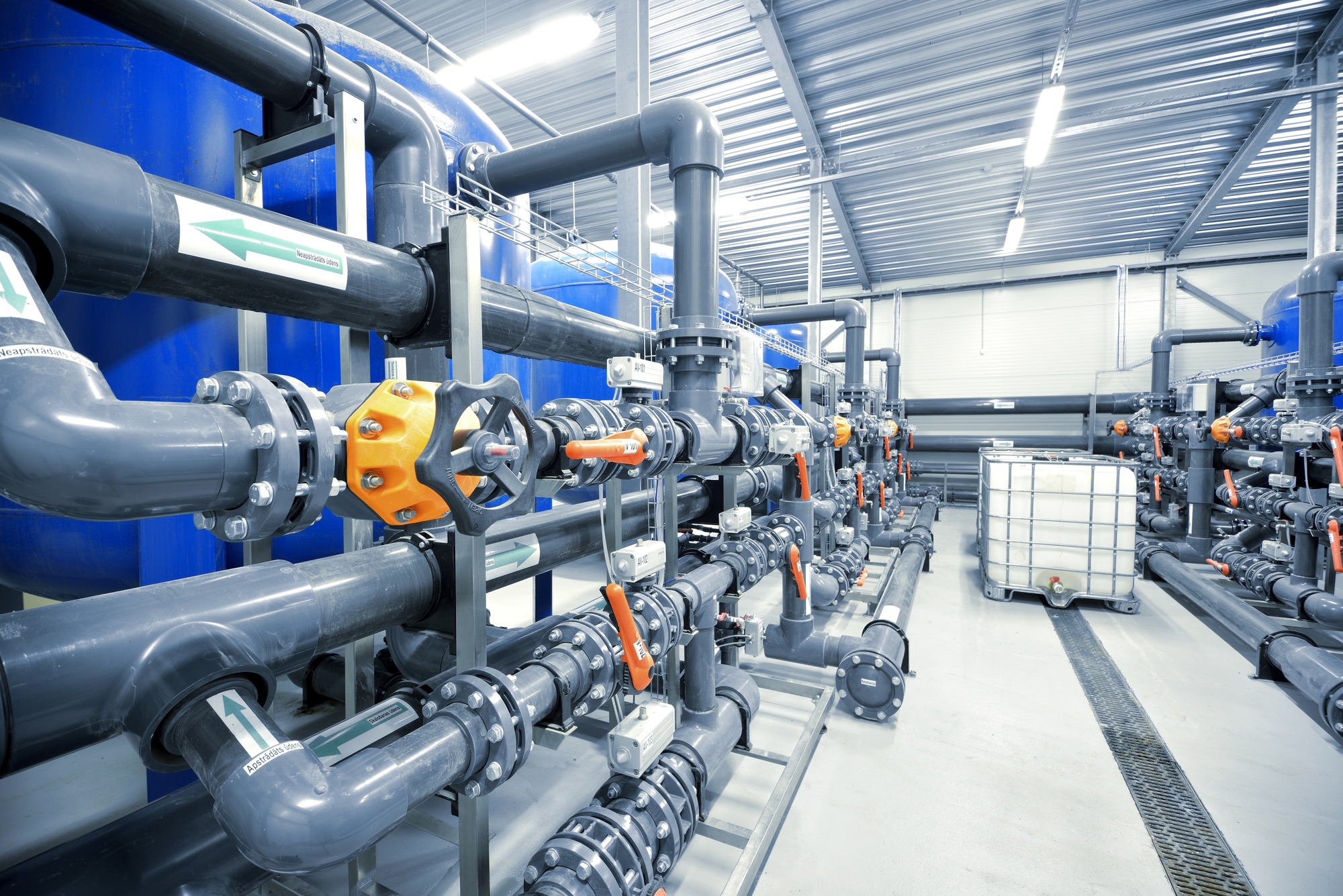
1. New Construction Plumbing Rough-in Cost
The rough-in stage is the initial phase of plumbing installation in a new construction project. It involves installing the necessary piping and fixtures before the walls are shut off. The Minimal Cost is around $5,800 whereas the Total Minimal Cost: is $5,800. On average, the rough-in plumbing cost accounts for about 15-20% of the total plumbing expenses.
2. Plumbing Fixtures And Appliances
Plumbing fixtures and appliances, including sinks, toilets, showers, and water heaters, are vital components of any residential plumbing system. The cost of these fixtures can vary depending on their quality, brand, and specific features. It is essential to consider the number and type of fixtures necessary for your new house when estimating plumbing costs. The Minimal Cost Addition is $5,000 while the Total Minimal Cost is $5,000.
3. Labor And Installation
Labor and installation costs play a significant role in estimating plumbing costs for new construction. Hiring a professional plumber to install the plumbing system correctly is crucial to avoid costly repairs in the future. Labor costs can vary depending on the complexity of the project and the local market rates. So, surrounding this the total or minimal labor cost will move around between $1,000 to $2,500. It is important to get multiple quotes from reputable plumbing contractors. This will ensure you receive fair pricing for the labor and installation work.
4. Materials And Supplies
Materials and supplies, such as pipes, fittings, valves, and adhesives, are essential for plumbing installation. The cost of these materials can vary on the things you are about to choose. It is crucial to select durable and reliable materials within your budget to ensure a long-lasting plumbing system. For this, you can simply think around $1000 for a minimal price.
5. Permits And Inspections
Obtaining permits and scheduling inspections is a necessary step in new construction plumbing. The cost of permits and inspections can vary depending on your local jurisdiction. It is essential to factor in these costs when estimating the overall plumbing expenses for your new house. Permits may cost around $200-$500 with better facilities.
Assessing Plumbing Needs
Estimating plumbing costs for new construction involves assessing the specific plumbing needs of the project. By considering factors and choosing them, you can accurately estimate the cost of the plumbing installation.
Determining Fixture Requirements
One of the first steps in estimating plumbing costs for new construction is determining the fixture requirements. This involves identifying the number and type of fixtures that will be installed in the new house. Fixtures include sinks, toilets, showers, bathtubs, washing machines, and dishwashers. By knowing the fixture requirements, you can calculate the amount of plumbing materials you may need. Pipes, fittings, and valves will ultimately impact the overall plumbing cost for the project.
Evaluating Layout And Design
The layout and design of the plumbing system impact the overall plumbing cost. By evaluating the layout and design. You can identify factors that may affect the complexity of the installation. Factors to consider include the number and location of bathrooms. As well as the proximity of fixtures to the main water supply and drainage lines. Also, specific customization or special requirements can cost the homeowner. Evaluating the layout and design allows you to accurately estimate the plumbing cost for the new construction project. It will make sure the plumbing system meets the needs and preferences of the homeowner.
Material Cost Estimation
Estimating material costs is a crucial aspect of how to estimate plumbing cost for new construction. When budgeting for a new house, accurately assessing the cost of necessary materials is essential for staying within budget.
Piping And Fitting Costs
Piping and fittings are foundational components of any plumbing system. Their cost should be under the new construction plumbing rough-in cost. Materials like as PVC, copper, or PEX, will impact the overall cost. Additionally, considering the length and diameter of the pipes you need will help in estimating the new construction plumbing cost per square foot.
Cost Of Fixtures And Appliances
Fixtures and appliances are essential for the functionality and aesthetics of a new plumbing system. Incorporating the cost of sinks, faucets, toilets, showers, and water heaters into the budget is crucial in plumbing cost for new house. While basic fixtures may be more cost-effective, opting for high-quality, water-efficient appliances can lead to long-term savings on water bills.
Labor And Installation Expenses Plumbing Cost For New House
Estimating plumbing costs for new construction involves considerations such as labor and installation expenses. Unlike retrofitting existing plumbing, new house plumbing costs can vary depending on the size and design of the property. Factors including the number of bathrooms, fixtures, and the overall layout are key in determining the final expense.
Hourly Rates
When estimating plumbing costs for a new construction project, it’s essential to consider labor and installation expenses. These factors play a significant role in determining the overall plumbing cost for a new house. Let’s delve into the specifics, starting with hourly rates and manpower. Determining the hourly rates for plumbing labor is crucial, as it directly influences the overall cost. Plumbing contractors typically charge hourly rates, which can vary depending on factors such as location and expertise. How can you estimate the number of hours of leave consideration for the project? Consider the following:
- Size of the house: Larger homes generally require more plumbing work, which may result in higher hourly rates.
- The complexity of the plumbing system: Intricate designs or custom installations often require more time and expertise, affecting the hourly rates.
- Experience of the plumber: Highly professional plumbers usually charge higher rates per hour.
Manpower
It’s important to get quotes from multiple plumbing contractors and compare their hourly rates. Keep in mind that choosing the cheapest option isn’t always the best strategy. Balance affordability with quality to ensure a successful plumbing installation. Next, let’s explore the manpower aspect of estimating plumbing costs for a new house. The number of workers working on the project can significantly impact the overall plumbing expenses. A team of expert plumbers working together can complete the task quicker, reducing labor costs. On the other hand, a smaller team may take longer to finish the work, resulting in higher costs.
- Size of the project: A larger house may require more plumbers to handle the workload efficiently.
- Timeline: If there are time constraints for the construction project, more plumbers may be necessary to expedite the process.
- The complexity of the plumbing system: Complex installations may require special plumbers, adding to the manpower needs.
- Efficiency of the workforce: Professional and efficient plumbers may require fewer team members to complete the job effectively.
Plumbing Cost Per Square Foot
Considering these factors will help you determine the appropriate number of workers you require. To further refine your estimate of new construction plumbing cost per square foot. In addition to the hourly rates and manpower considerations, it’s important to factor in any additional installation costs. These costs may include:
- Materials: The type and quality of plumbing materials needed for the installation can significantly impact the overall cost. Factors such as pipe material, fixtures, and fittings should be taken into account.
- Permits and Inspection fees: Depending on your location, you may need to obtain permits and undergo inspections.
- Demolition and disposal: If any existing plumbing needs removal, there may be additional costs for disposal or cleanup.
- Post-installation services: Consider post-installation services such as testing, adjustments, and maintenance, as these may incur extra expenses.
New Construction Plumbing Cost For Permitting And Inspection Fees
When it comes to estimating the plumbing cost for new construction. One aspect that often gets out of notice is the permitting and inspection fees. These expenses are an essential part of any new construction project. As they ensure that the plumbing work complies with local building codes and regulations. In this section, we will break down the different elements that make up the plumbing cost for permitting and inspection fees. Including permit application costs and inspection and compliance fees.
Permit Application Costs
To begin any plumbing work in new construction, you will need to obtain the necessary permits from your local municipality. These permits serve as official permission to carry out plumbing installations and modifications by building codes. The cost of permit applications can vary depending on the scope of the project, the size of the property, and the location.
Inspection And Compliance Fees
Once the plumbing work is done. It is crucial to schedule inspections to ensure that everything is up to code. These inspections are done by professional inspectors. Who will check for compliance with local regulations and verify. They will ensure that all plumbing systems are functioning correctly. Inspection will charge on per visit and may vary depending on the complexity of the project
Contingency And Miscellaneous Costs
Contingency and miscellaneous costs play a significant role in estimating the overall plumbing cost for new construction. These additional expenses are crucial to consider as they can significantly impact the budget and project timeline.
Unforeseen Expenses
Unforeseen Expenses are potential costs that may arise during the construction process, beyond what is initially planned. These can include issues such as unexpected site conditions, changes in building codes, or unforeseen structural challenges. Estimating these costs requires a careful assessment of the project’s scope and potential risks. The unforeseen expenses may come in total around $1,500.
Insurance and Warranty Costs
Additionally, Insurance and Warranty Costs are essential considerations when estimating plumbing costs for new construction. These costs may include insurance coverage for the plumbing work, as well as warranties on materials and installations. Factoring in an estimated cost of $1,200 for insurance and warranties is essential. They ensure that the plumbing project is adequately protected and complies with any legal requirements. This proactive approach helps avoid potential financial liabilities. Which makes sure that the construction project has enough coverage in case of any unforeseen issues.
Conclusion
In short before going for any news house learning about the total cost is essential. So, knowing How to Estimate Plumbing Cost for New Construction plays crucial role. Estimating plumbing costs for new construction is a multifaceted process. By considering factors such as materials, labor, specific requirements, and additional costs. You can have an accurate and realistic budget. Working closely with an experienced plumber and utilizing cost estimation tools can help you stay within budget and avoid unnecessary expenses.
Total Estimated Cost: $13,800 (Sum of all minimal cost additions)
Remember, these figures are minimal estimates, and actual costs may vary based on specific project details and local conditions. Always consult with professionals to obtain accurate quotes for your unique project.

